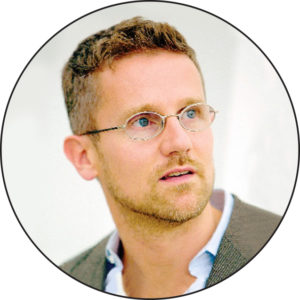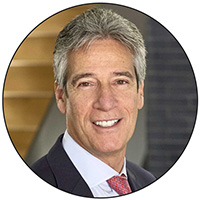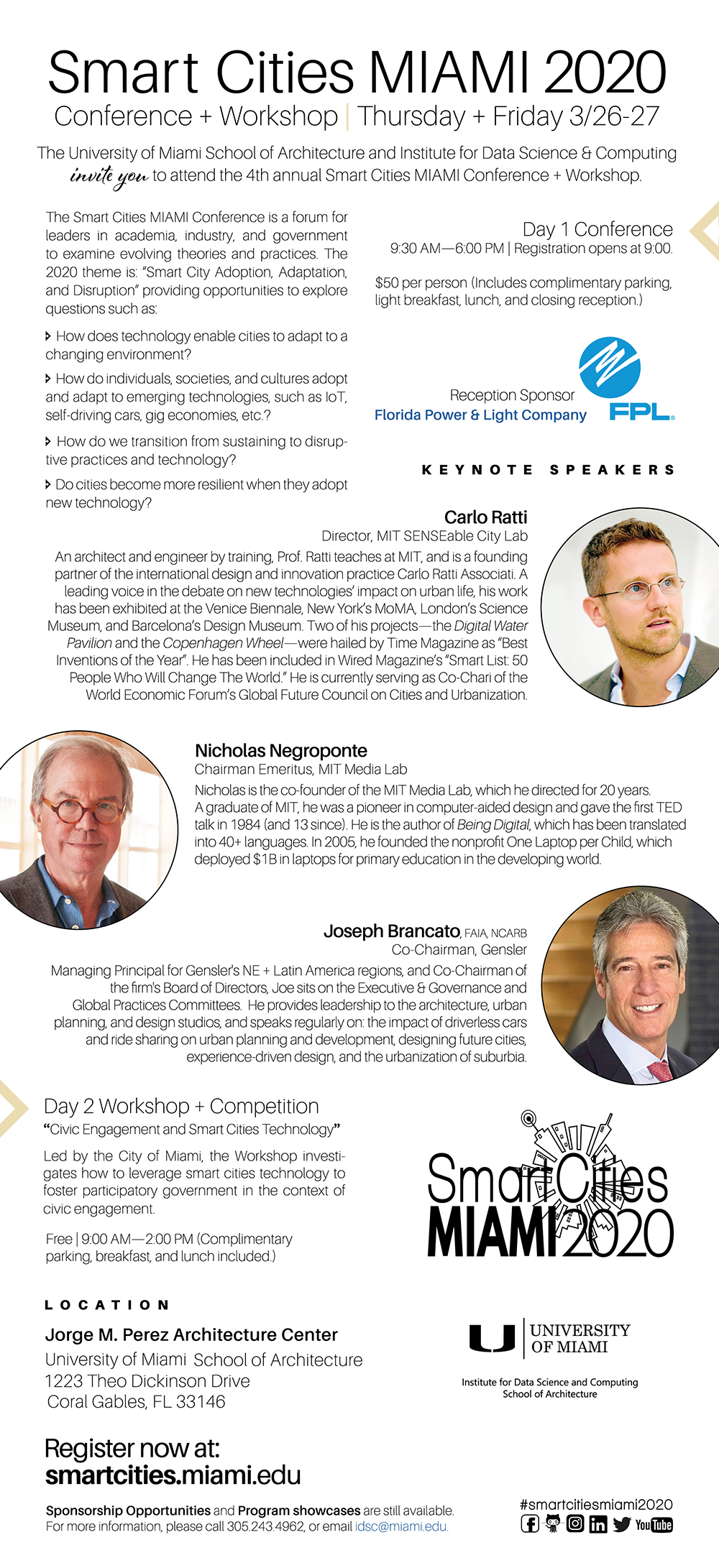Smart Cities MIAMI 2020
Smart Cities MIAMI was postponed in 2020 . . .
After careful consideration, the SMART CITIES MIAMI 2020 Conference + Workshop previously scheduled for March 26-27, 2020, at University of Miami, is POSTPONED due to statewide precautions for the COVID-19 Coronavirus, and the State of Florida’s public health emergency declaration.
The planning committee at the Frost Institute for Data Science and Computing and the School of Architecture are committed to the health and welfare of our attendees, sponsors, and speakers, and the community as a whole, and decided to err on the side of safety.
We thank you for your interest in our program and ask you to stay tuned to our website for future dates. All registration and application links have been disabled. If you have questions or concerns, please call 305-243-4962.
The University of Miami School of Architecture and Frost Institute for Data Science & Computing invite you to attend the 4th annual Smart Cities MIAMI Conference + Workshop, on Thursday and Friday, March 26-27, 2020.
Day 1 Conference 3/26To aid in the design and development of more sustainable, livable, and resilient cities, the University of Miami brings cutting-edge research in urban planning, architecture, and engineering in alignment with computational resources and analytical methods. The annual Smart Cities Miami Conference is an extension of these efforts, providing a forum for leaders in academia, industry, and government to closely examine evolving theories and practices in the Smart City field. The topics considered vary in scope and nature within a general theme that is particularly relevant for each year. The theme for the 2020 edition is “Smart City Adoption, Adaptation, and Disruption“ providing opportunities to explore questions such as: |
 |
• How does technology enable cities to adapt to a changing environment?
• How do individuals, societies, and cultures adopt and adapt to emerging technologies, such as IoT, self-driving cars, gig economies, etc.?
• How do we transition from sustaining to disruptive practices and technology?
• Do cities become more resilient when they adopt new technology?
The Conference features Panel Discussions and Keynote Presentations. The price is $50 per person and includes complimentary parking, light breakfast, lunch, and the closing reception.
Registration opens at 8:30 AM. Event Times: 9:00 AM – 6:00 PM.
Complimentary Parking
All Day 1 or Day 2 attendees are required to register their vehicle with the University to avoid issuance of a parking citation.
Please use this link to enter your license plate number. The link will be live through 3/27/2020 at 8:00 AM. Your parking session will be valid beginning at 7:00 AM on 3/26 and last through 3/27 until 4:00 PM. Signage and parking lots attendants will direct you. Important: Please park head-in only.
Keynote Speakers |
|
 |
Carlo Ratti Director, MIT SENSEable City LabAn architect and engineer by training, Prof. Ratti teaches at MIT, and is a founding partner of the international design and innovation practice Carlo Ratti Associati. A leading voice in the debate on new technologies’ impact on urban life, his work has been exhibited at the Venice Biennale, New York’s MoMA, London’s Science Museum, and Barcelona’s Design Museum. Two of his projects—the Digital Water Pavilion and the Copenhagen Wheel—were hailed by Time Magazine as “Best Inventions of the Year”. He has been included in Wired Magazine’s “Smart List: 50 People Who Will Change the World.” He is currently serving as Co-Chair of the World Economic Forum’s Global Future Council on Cities and Urbanization. |
 |
Nicholas Negroponte, Chairman Emeritus, MIT Media LabNicholas is the co-founder of the MIT Media Lab, which he directed for 20 years. A graduate of MIT, he was a pioneer in the field of computer-aided design and gave the first TED talk in 1984 (and 13 since). He is the author of Being Digital, which has been translated into 40+ languages. In 2005, he founded the nonprofit One Laptop per Child, which deployed $1B worth of laptops for primary education in the developing world. |
 |
Joseph Brancato, FAIA, NCARB, Co-Chairman, GenslerManaging Principal for Gensler’s NE + Latin American regions, and Co-Chairman of the firm’s Board of Directors, Joe sits on the Executive & Governance Committee and the Global Practices Committee. He provides leadership to the architecture, urban planning, and design studios, and speaks regularly on the impact of driverless cars and ride sharing on urban planning and development, designing future cities, experience-driven design, and the urbanization of suburbia. |
Keynote TALK TITLE: “SENSEABLE CITIES” | Carlo Ratti
The way we live, work, and play is very different today than it was just a few decades ago, thanks in large part to a network of connectivity that now encompasses most people on the planet. In a similar way, today we are at the beginning of a new technological revolution: the Internet is entering the physical space—the traditional domain of architecture and design—becoming an “Internet of Things” or IoT. As such, it is opening the door to a variety of applications that—in a similar way to what happened with the first wave of the Internet—can encompass many domains: from energy to mobility, from production to citizen participation. The contribution from Prof. Carlo Ratti will address these issues from a critical point of view through projects by the Senseable City Laboratory, a research initiative at the Massachusetts Institute of Technology, and the design office Carlo Ratti Associati.
Keynote TALK TITLE: “The Future of Power-full Ideas” | Nicholas Negroponte
In a word: nuclear. Said in more detail: addressing climate change through conservation, recycling and using less plastic is almost quaint, when world development – just in terms of everybody having energy parity – needs about 5 to 10 times the amount of energy we produce today. That does not even include all the power hungrier things we do not yet do, but ought to do: cities without infrastructure, large scale desalination, CO2 sequestration, and air conditioning everybody.
The long term solution, say 20 or 25 years, is nuclear fusion, the holy grail: more or less unlimited, cost free, carbon neutral power. In between, we need to step up micro, modular, industrialized nuclear fission. And, most importantly, use some of it to start removing CO2 from the air. It is embarrassing to see sentient adults suggest being carbon neutral by 2050. Hello? They must live on a different planet. We need to be carbon negative before this decade is out. And, this is not done by taxing and capping. It is done through power innovation, new science and new technologies. Period.
In the recent past, to be an environmentalist, even to be a Democrat, was to be anti-nuclear. That can no longer be. It is simply unacceptable to be anti-nuclear. Get over it. Solar, wind and so-called sustainable, clean energy, so-called renewables, are fine, but insufficient. At best, renewables are a side show. At worst, they are an opportunity cost. What is needed: large scale, global collaboration, especially with the Russians and Chinese to push fusion and do fission in between. Those are the power-full ideas.
Day 2 Workshop + CompetitionLed by the City of Miami, the Workshop investigates how to leverage smart cities technology to foster participatory government in the context of civic engagement. Click here for more details. 9:00 AM-2:00 PM Free | Complimentary parking, breakfast, and lunch provided. If you are interested in attending Day 2, please register for the Workshop. |
 |
Sponsors
Special Thanks to Reception Sponsor, Florida Power & Light
and thank you to GlassHouse Systems
![]()
Flyer


